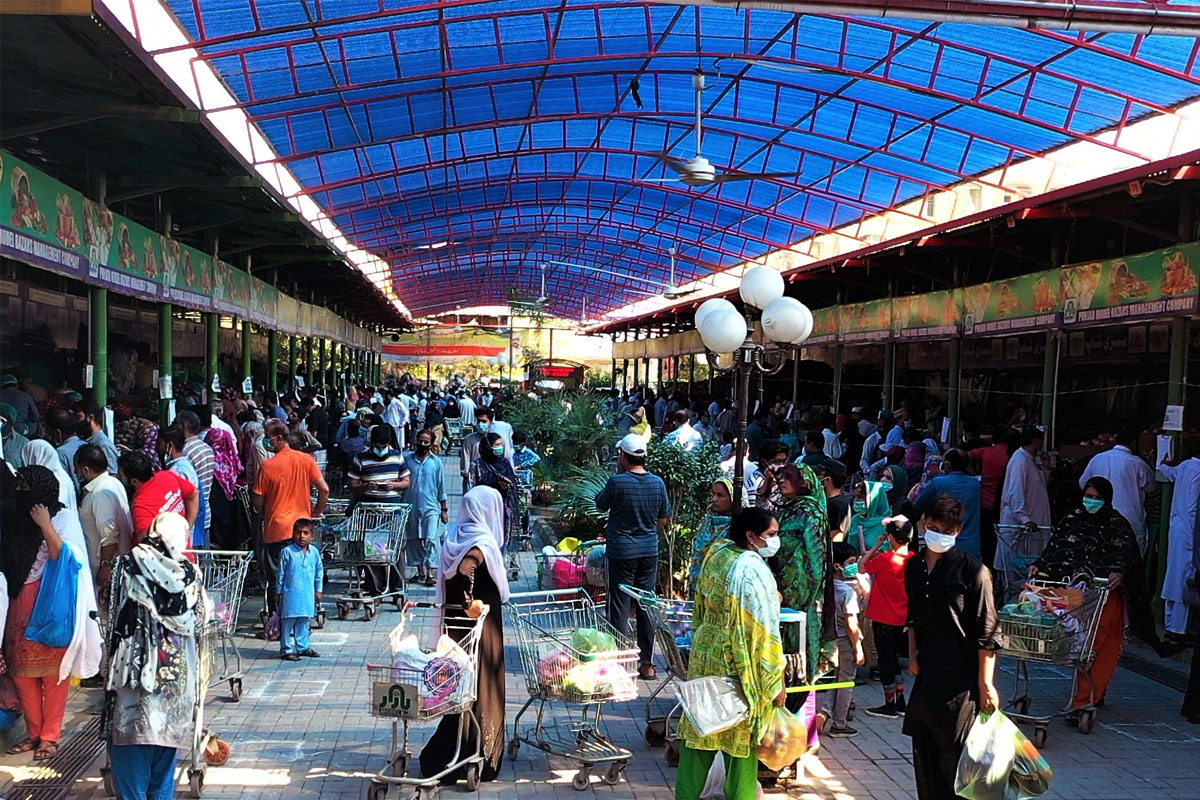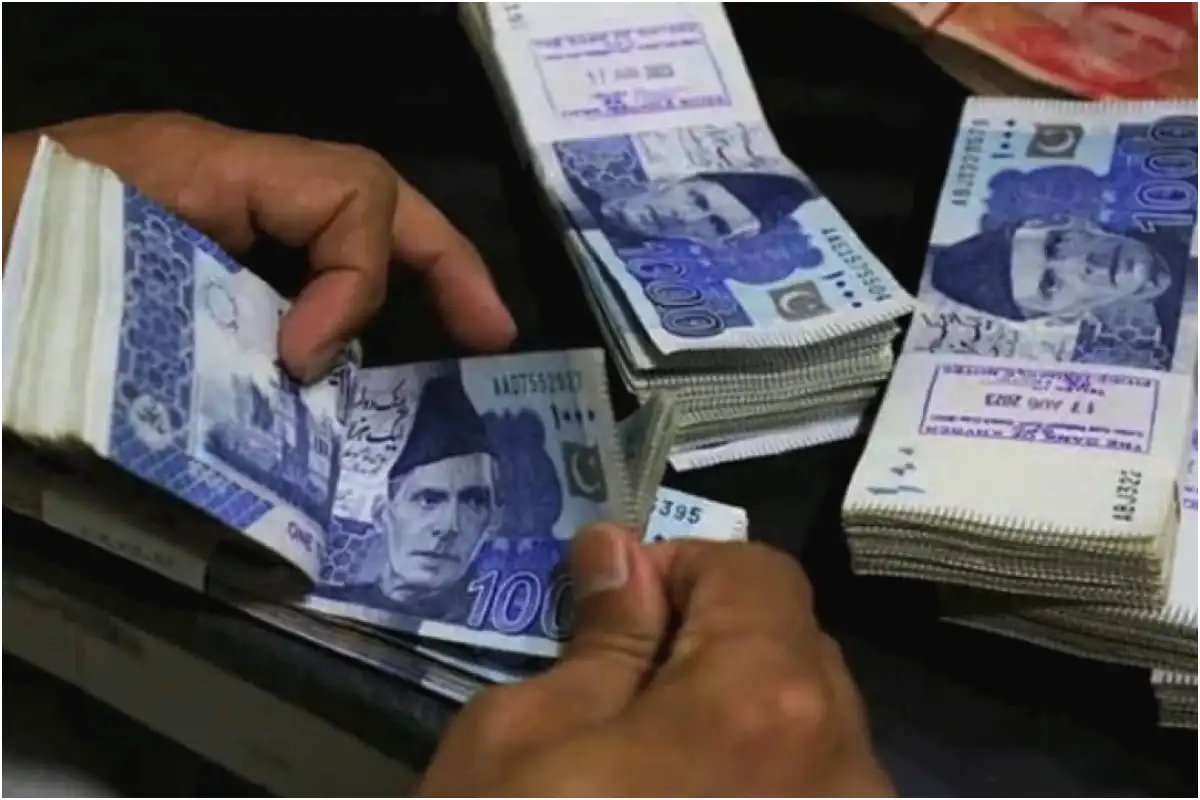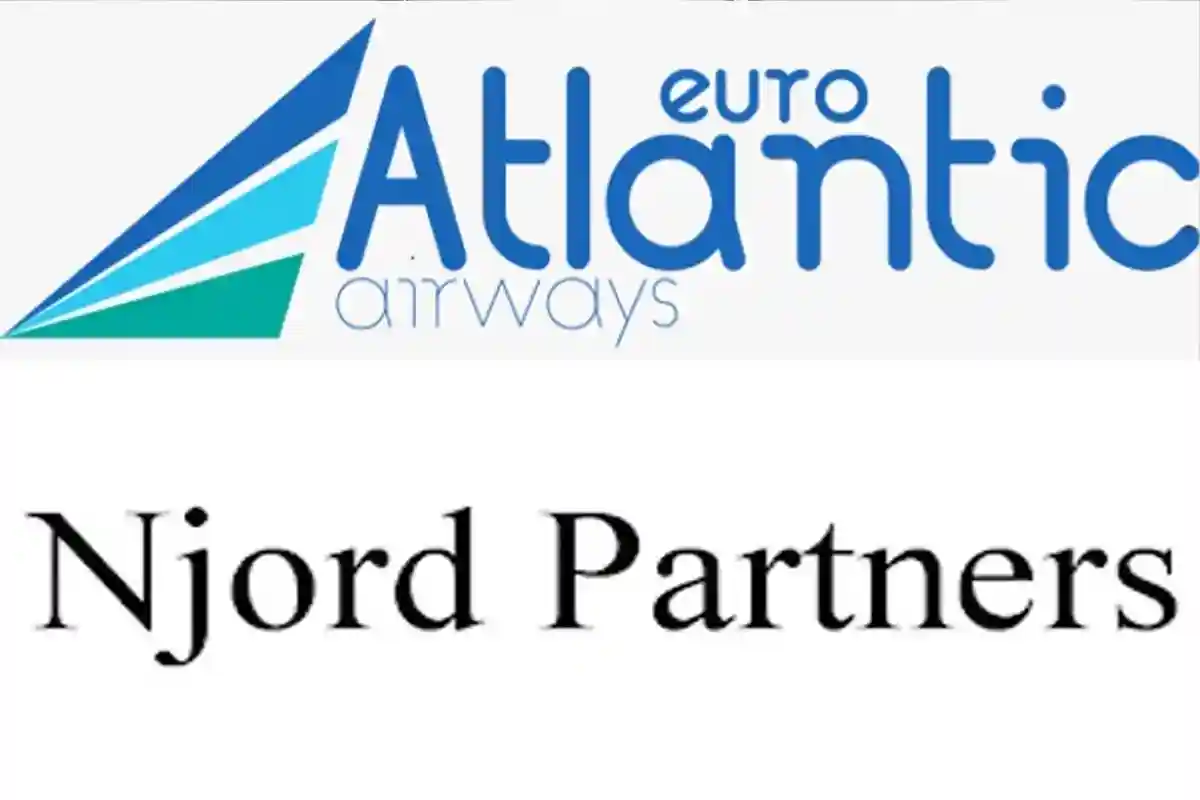A Subsidy-Free Welfare Model from Pakistan That the World Should Watch

In the developing world, welfare programs are often synonymous with subsidies. Governments distribute cash or subsidize commodities, hoping to relieve citizens while managing social unrest. Yet subsidies rarely scale sustainably. They strain budgets, breed dependency, and collapse when fiscal space shrinks.
Against this backdrop, one Pakistani authority has quietly designed a different model — a welfare system without subsidies, anchored instead in self-sustaining retail markets. The Punjab Sahulat Bazaars Authority (PSBA), led by its architect Naveed Rafaqat Ahmad, is showing how public institutions can simultaneously stabilize prices, create jobs, and expand welfare — all without draining the treasury.
For policymakers worldwide, it offers a rare glimpse of original contributions of major significance to the field of governance and welfare economics.
From Experiment to Authority
PSBA began humbly as the Punjab Model Bazaars Management Company, running 20 bazaars that sold groceries at controlled prices. Most considered it a local experiment. Naveed Rafaqat Ahmad saw something larger: the possibility of a statutory authority that could anchor prices, create livelihoods, and discipline markets at scale.
Through legislative reform, he transformed the company into PSBA, equipped with autonomy and mandate. Today, the authority is expanding to 105 bazaars across Punjab’s tehsils, backed by a $36 million allocation. Fourteen bazaars are already ready to open. What started as 20 bazaars has become a provincial grid of affordable markets.
The Core Innovation: Welfare Without Subsidy
Most welfare institutions in Pakistan — and indeed across South Asia — rely on annual transfers. The Punjab Education Endowment Fund, the Lahore Waste Management Company, and many others survive on subsidies. PSBA does not.
Its model is self-financed through stall rentals, service fees, and disciplined expenditure. It posts annual surpluses, peaking at 5.4 percent in 2025. Its debt-to-asset ratio of 0.15 and equity share of 85 percent signal rare financial health in a public institution. Independent audits confirm its clean record.
This alone is field-defining. It proves that welfare institutions need not be perpetual liabilities — they can generate impact and sustain themselves financially.
Impact by the Numbers
PSBA’s impact is not anecdotal; it is measurable. Each bazaar averages 100 stalls, each stall employs two workers, and each worker supports a family of six.
- Fourteen imminent bazaars = 2,800 jobs supporting 16,800 people.
- The full 105-bazaar network = 21,000 jobs sustaining 126,000 people directly.
Unlike cash stipends, these are ongoing livelihoods. Unlike donor projects, they are domestically financed. And unlike subsidies, they strengthen families without weakening the treasury.
A Price Anchor in an Inflationary Economy
Pakistan has faced one of the highest inflationary periods in its history, with food price hikes hitting households hardest. PSBA bazaars directly intervene: staples are sold 10–30 percent below open-market rates.
But the impact goes further. Surrounding vendors adjust prices downward to compete, creating ripple effects across local economies. Government benefits from real-time price data from bazaars, making PSBA a de facto inflation monitoring tool.
Few institutions globally combine retail operations, welfare provision, and inflation discipline in this way. It is an innovation of both originality and major significance.
Micro-Enterprise at Scale
PSBA is also one of Pakistan’s largest SME incubators. Vendors who once worked informally now run regulated stalls, gaining predictable costs, reliable consumer flows, and protection from exploitation. Farmers can bypass middlemen, improving their margins.
Over 21,000 vendors and workers are being integrated into this ecosystem. For many, it is their first step into formal, documented enterprise. This model of formalizing the informal economy is one of PSBA’s most exportable lessons.
Peer Comparison: Why PSBA Stands Out
The distinction becomes clear when compared to peers:
- PEEF distributes scholarships — valuable, but subsidy-bound.
- PSDF trains workers — important, but no direct jobs or retail channels.
- PPIF funds social projects — innovative, but not market-facing.
- LWMC, PAMCO, PCMMD, PSC — sectoral roles, but all subsidy-dependent.
Only PSBA combines:
- Subsidy-free financing,
- Direct daily retail operations,
- Job creation at scale, and
- Inflation anchoring.
This makes PSBA not just successful internally, but unique in the field of governance.
The Man Behind the Model
At the center is Naveed Rafaqat Ahmad. He did more than manage an institution — he designed a new category of public authority. He led the legislative transition, created the subsidy-free operating model, scaled bazaars from 20 to 105, and established PSBA as an instrument of both welfare and macroeconomic stability.
Observers describe him as an “institution builder” rather than an administrator. His work is increasingly cited by policymakers and media as a precedent for replication. That reliance and recognition are precisely what elevates his contribution to the status of major significance in the field.
Why It Matters Globally
For countries grappling with fiscal strain and rising inflation, PSBA’s model offers a replicable lesson:
- Welfare without dependency is possible.
- Markets can be disciplined through regulated anchors.
- Small enterprises can be formalized at scale.
This is not a pilot or a theory. It is a functioning authority, already sustaining over 126,000 people, anchoring prices for millions, and proving that subsidy-free welfare can work.
Catch all the Trending News, Breaking News Event and Trending News Updates on GTV News
Join Our Whatsapp Channel GTV Whatsapp Official Channel to get the Daily News Update & Follow us on Google News.














